Beginning with the 2023-2024 admission cycle, we are excited to introduce a dynamic video assessment component to the application. This is replacing our video essay that applicants historically uploaded as part of their application. The video assessment will ask questions based on a number of competencies and give us a chance to see how you think on your feet!
Shortly after you submit your MS application and your application fee is paid, you will receive an invitation to complete the Texas McCombs MS Video Assessment! All applicants will have 7 days to complete the assessment upon receiving access to the video submission platform. The number of questions asked depends on the program(s) you applied to (see below for more detail) and will take no more than 30 minutes to complete. Applicants will be allowed to practice before submitting their video assessment and will have 60-90 seconds to answer each prompt.
What is the Admissions Committee looking for?
This video assessment helps the Admissions Committee better understand who you are in your own voice and allows us to assess your communication skills. Within the video assessment each program is evaluating different competencies. Check out your program of interest below to learn more about what we look for in a strong applicant:
MS Business Analytics (Full-Time and Working Professional)
Career Motivation & Aspirations: The MSBA Admissions Committee is looking for a genuine interest in pursuing an MSBA and a clear understanding of how it will help to achieve their professional goals. Strong applicants put significant thought and consideration into their decision-making in applying for this program. They should understand why Texas McCombs is the right place to pursue their MSBA and how it will set them up for professional success.
Technical Skills & Analytical Thinking: MSBA students possess strong technical skills and an analytical mindset. Applicants should be prepared to discuss their coding skills and give examples of times they’ve built or worked on programming applications.
MS Finance
Curiosity & Motivation: The MSF Admissions Committee wants to understand what motivates applicants not just to get the job done, but to go above and beyond. MSF students are intellectually curious and utilize an enterprising and tenacious approach to problem-solving. Applicants should demonstrate ambition and the ability to deliver results.
Analytical Thinking & Problem Solving: MSF students have an analytical mindset. They can gather and synthesize information, independently identify multiple ways to solve a problem, make deductions, conduct critical analysis, and can determine the best solution for any situation. The MSF Admissions Committee is looking for applicants that show potential to strategically synthesize information to solve complex problems at a high level.
Career Focus & Understanding of Program: The MSF Admissions Committee is looking for a genuine interest in pursuing an MSF and a clear understanding of how it will help to achieve their professional goals. Strong applicants put significant thought and consideration into their decision-making in applying for this program. They should understand why Texas McCombs is the right place to pursue their MSF and how it will set them up for professional success.
MS IT & Management
Career Motivation & Aspirations: The MSITM Admissions Committee is looking for a genuine interest in pursuing an MSITM and a clear understanding of how it will help to achieve their professional goals. Strong applicants put significant thought and consideration into their decision-making in applying for this program. They should understand why Texas McCombs is the right place to pursue their MSITM and how it will set them up for professional success.
Collaboration: Successful MSITM students foster collaboration because they value working with and learning from others. They see and value others’ perspectives, creating a supportive space to solve problems as a team. They excel at being a teammate and work conducively with anybody.
Time & Priority Management: MSITM students should be able to demonstrate a realistic appraisal of their life, prioritize conflicting responsibilities, and consistently complete tasks on time. They are detail-oriented, mature, self-guided and have concrete strategies to balance their academic, personal, and professional life.
Ability to Try & Learn New Things/Resilience: The MSITM Admissions Committee is looking for candidates who are able to try and learn new skills despite it being unfamiliar and new to them. They should possess perseverance with their ability to respond appropriately to disappointment and setbacks and accept failure as part of the learning curve.
Technical Skills & Analytical Thinking: MSITM students possess strong technical skills and an analytical mindset. Applicants should be prepared to discuss their coding skills and give examples of times they’ve built or worked on programming applications.
MS Marketing
Curiosity & Motivation: The MSM Admissions Committee wants to understand what motivates applicants not just to get the job done, but to go above and beyond. MSM students are intellectually curious and utilize an enterprising and tenacious approach to problem-solving. Applicants should demonstrate ambition and the ability to deliver results.
Analytical Thinking & Problem Solving: MSM students have an analytical mindset. They can gather and synthesize information, independently identify multiple ways to solve a problem, make deductions, conduct critical analysis, and can determine the best solution for any situation. The MSM Admissions Committee is looking for applicants that show potential to strategically synthesize information to solve complex problems at a high level.
Career Focus & Understanding of Program: The MSM Admissions Committee is looking for a genuine interest in pursuing an MSM and a clear understanding of how it will help to achieve their professional goals. Strong applicants put significant thought and consideration into their decision-making in applying for this program. They should understand why Texas McCombs is the right place to pursue their MSM and how it will set them up for professional success.
Note: If you are applying for two Master of Science programs, you will need to complete a video assessment for each program.
Tips for a Successful Video Assessment
- Practice: You will be able to respond to practice questions for as long as you wish. Take advantage of this opportunity! The more you practice, the more comfortable you’ll be with the technology when answering real prompts.
- Test Technology: The Video Assessments are conducted through the Kira platform. It will require a desktop or laptop computer (no smart phones/tablets) with a functioning webcam, microphone, and internet connection. We recommend connecting directly to your internet for the most reliable internet connection – and make sure you have plenty of charge on your laptop or that you’re plugged in! Most browsers are compatible (Chrome, Firefox, Edge, Opera) but the platform will not work well on Safari.
- Pace Yourself: We limit the responses to 60-90 seconds because it is great practice for your McCombs experience. Keeping responses concise but clear is important when recruiting for jobs. However, you want to make sure you answer each question in full! The practice questions will be a great way to gauge what a minute or more actually feels like when responding to a question.
- Be Professional, but Comfortable: If you’re nervous, practicing in front of a mirror or with a friend or colleague is a great way to get the nerves out. Did you answer the question? Did you rush it? Take the prep time to outline your answer in your mind first, and then address it calmly and confidently. You can also jot some quick talking points down on a piece of paper to help jog your memory – just don’t forget to maintain good eye contact when you record your formal responses. Don’t get TOO comfortable – this shouldn’t feel too formal but maintaining an appropriate level of professionalism is always a good idea (this includes professional language and attire).
- Be Yourself! The questions we ask were not designed to trip you up or be impossible to answer, but rather to give you a chance to draw from your experiences. We’re using this video assessment to get to know YOU, beyond the limits of a traditional application. This is your chance to share your story, give us examples, and explain why you’re choosing an MS program at McCombs in your own voice.
If you have any questions during the application process, we’re here to help. Please don’t hesitate to reach out to your admissions team at:
MSBA (Full Time & Working Professional): TexasMSBA@mccombs.utexas.edu
MSF: TexasMSF@mccombs.utexas.edu
MSITM: TexasMSITM@mccombs.utexas.edu
MSM: TexasMSM@mccombs.utexas.edu
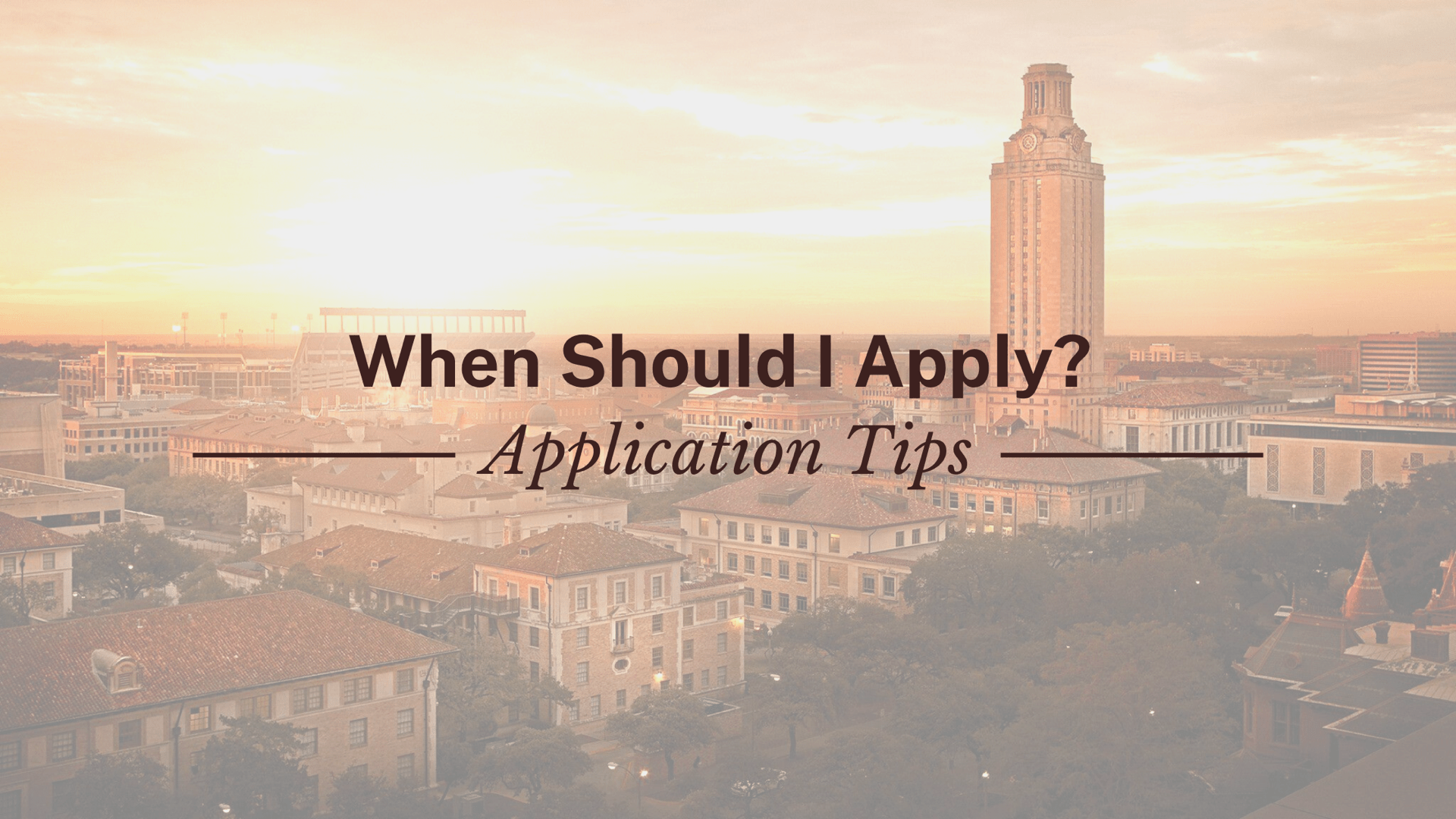
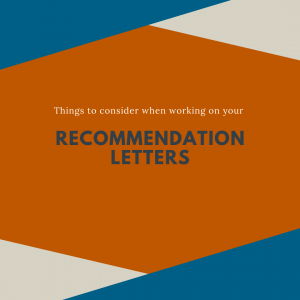
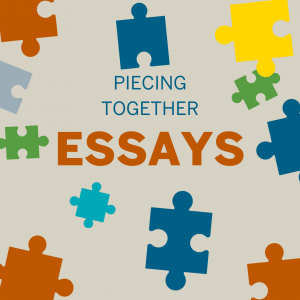
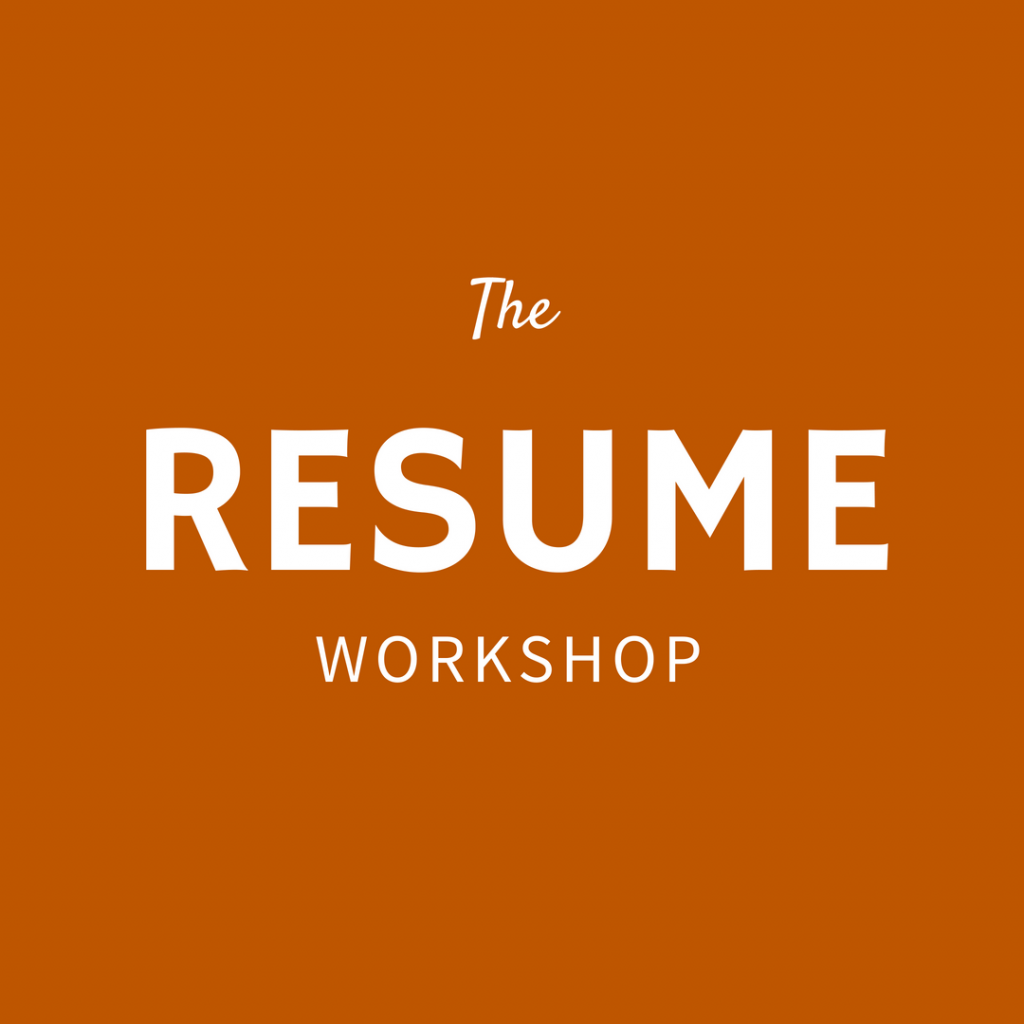
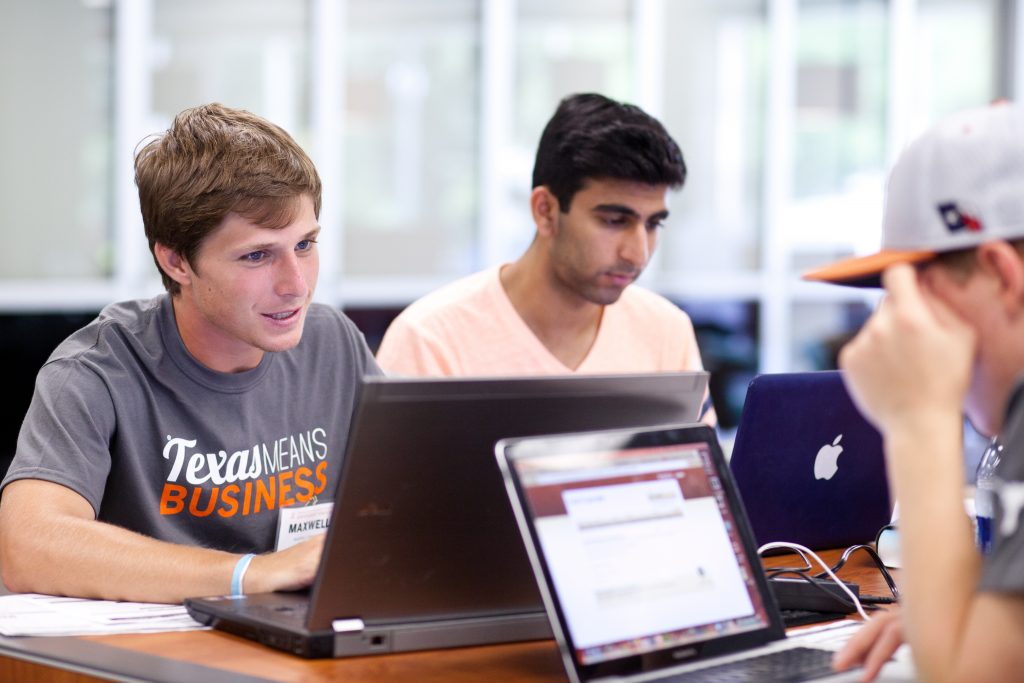 You’ve got all your materials lined up for your chosen Master of Science Program, and you’re staring down the testing requirement. GRE or GMAT? GMAT or GRE?
You’ve got all your materials lined up for your chosen Master of Science Program, and you’re staring down the testing requirement. GRE or GMAT? GMAT or GRE? Whether you’re taking the GRE or GMAT, we strongly encourage that you dedicate some time to studying for and preparing yourself for the test. Most students are spending anywhere from 50 to 200 hours preparing for standardized tests. There is no minimum score for any of our MS degree programs, but they are a strong factor in the admissions committee consideration of your application. Keep in mind that since we are quantitatively-based Master of Science degrees, our admissions committee is especially taking into consideration your quantitative test scores. Don’t ignore the qualitative side, though! As business degrees, we’re interested in candidates who have great communication skills as well as an ability to handle data and numbers.
Whether you’re taking the GRE or GMAT, we strongly encourage that you dedicate some time to studying for and preparing yourself for the test. Most students are spending anywhere from 50 to 200 hours preparing for standardized tests. There is no minimum score for any of our MS degree programs, but they are a strong factor in the admissions committee consideration of your application. Keep in mind that since we are quantitatively-based Master of Science degrees, our admissions committee is especially taking into consideration your quantitative test scores. Don’t ignore the qualitative side, though! As business degrees, we’re interested in candidates who have great communication skills as well as an ability to handle data and numbers. Consider starting at ETS’ own free resources. They provide some great options to review
Consider starting at ETS’ own free resources. They provide some great options to review